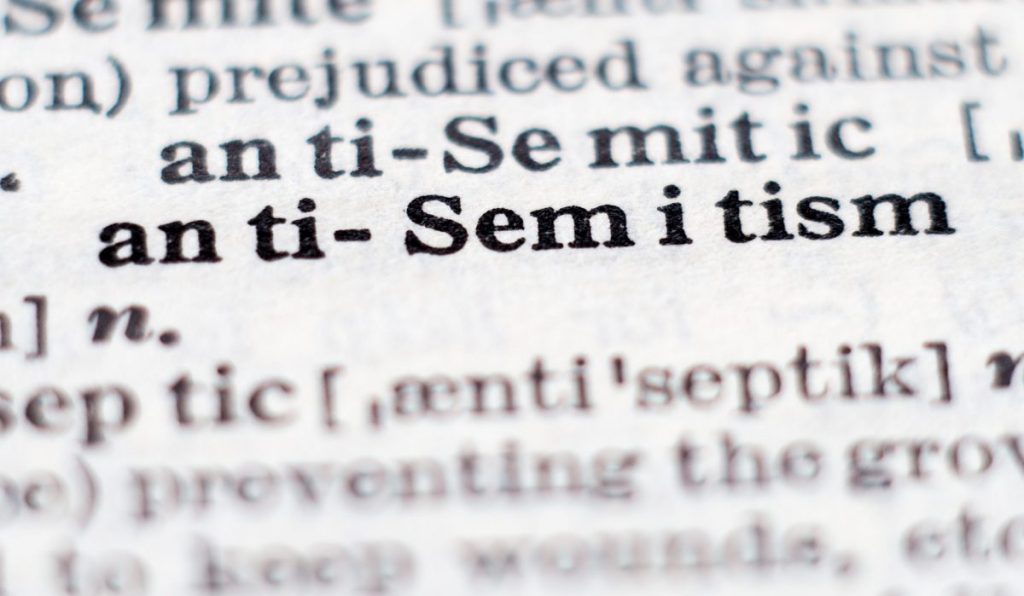IN THE MEDIA
Twitter no more than a tool for taking on tyrants
February 21, 2011 | Daniel Meyerowitz-Katz

Daniel Meyerowitz-Katz
The Australian – February 21, 2011
WITH the fall of Hosni Mubarak and Egypt’s supposed transition to democracy, the buzz on everyone’s lips has been the role of new media in the mass protests.
Commentators around Australia and the globe have been heralding the arrival of technology as a cure for any political ailment. Insert Twitter and despotic regimes crumble; insert Facebook and democracy spreads throughout the nation.
However, on the surface, the Egyptian upheaval seems like a boring old-fashioned revolution. A few hundred thousand protesters, angry because they were poor, hungry and oppressed, crowded into a square and shouted “down with the evil emperor” until, after a few clashes with the authorities, the evil emperor decided to back down. This exact state of affairs brought-down the Soviet satellite regimes in the late 1980s, the Russian tsar in 1917, the French king in 1789, the British king in 1688 and so on and so forth. So is it really fair to dub the Egyptians “Twitter revolutionaries”? Or were they just using new tools to do the same job? As The New Yorker’s Malcolm Gladwell puts it, “did it fix a problem that needed fixing?”
Egypt-based journalist Maryam Ishani has given a blow-by-blow account of how she believes the protest movement began and grew. She points to a group of young, tech-savvy activists who had (unsuccessfully) attempted to create an uprising during last year’s Egyptian parliamentary elections after extensive planning and training in modern methods of communication. She describes how these young men used social media to communicate and organise. They used it to distribute manuals on protest methods.
She said the activists even went to the lengths of flying to the US for training in film methods so that they could record high-quality videos of Mubarak’s henchmen lashing out against protesters.
Reading Ishani’s accounts, one could not be blamed for thanking social media above all else for facilitating democratic change. Indeed, many have. Even US President Barack Obama has embraced the “Facebook revolution”, joining the trend of defining the movement by its tools rather than its cause or achievements. However, this approach may be missing a few glaring elephants in the room. One of these is that the same activists failed in their initial attempt at organising protests and were crushed by the regime last year after the fraudulent elections. This leads to the next elephant, the uprisings in neighbouring Tunisia, which most credit with giving the Egyptian people the confidence to confront their oppressors.
Lastly, it is even unfair to the activists, who not only showed incredible ingenuity in their organising methods, but more importantly, had the bravery to stand in Tahrir Square in the name of freedom, staring-down the Egyptian security forces.
Rather than Obama, we should heed the words of Hillary Clinton: “Egypt isn’t inspiring people because they communicated using Twitter. It is inspiring because people came together and persisted in demanding a better future.”
Daniel Meyerowitz-Katz is a policy analyst at the Australia/Israel and Jewish Affairs Council
Tags: Egypt





